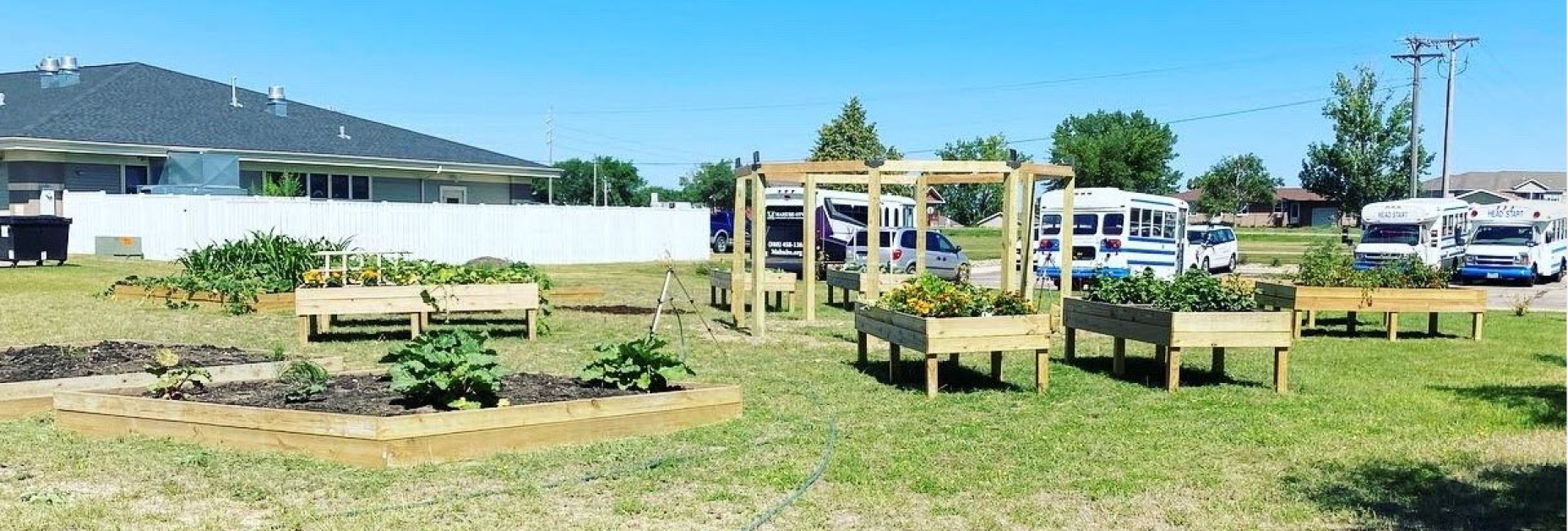
Boozhoo! (Welcome/Hello)
Native American Community
"All Indian tribes have names for themselves. The largest Indian group in Minnesota calls itself Anishinaabe, which means, 'the original people.' Europeans named them Ojibwe. Some Europeans had trouble saying Ojibwe, pronouncing it instead as Chippewa. But both these names refer to the same people." -- History of the White Earth Reservation
At MAHUBE-OTWA we cultivate new and existing relationships with Indigenous communities with a demonstrated commitment to Ojibwe culture and alignment with our mission. MAHUBE-OTWA serves as a liaison to tribal, regional, and state Native American advisory committees. At least 1/3 of the members on the MAHUBE-OTWA Board of Directors identify as Native American. Approximately 25% of people in poverty in MAHUBE-OTWA's service area are Native American, while only 7% of the clients we help are Native.
- We increase capacity to better serve Native Americans by focusing on the strengths of clients and communities.
- We develop communication tools to speak truth about disparities and find new ways to connect authentically across differences.
- We strive for diversity, inclusivity, and equity in designing, delivering, and evaluating services, communications, policies and procedures, including cultural training for staff.
- We create equitable outcomes for Native Americans who are underserved by community action and local government in our service area, using a 'Whole Family Approach'.
Community Projects
Mikinaak Gitigaan is the Native American name for "Turtle Garden". A gazebo at the center of the garden, with plants all around its perimeter imitates the shape or image of a turtle.
A garden is created!
Community members met in May 2023 to make plans for converting open space on the west side of the Detroit Lakes MAHUBE-OTWA office building into a community garden. The following month, volunteers and staff added raised planter boxes and planted fruit trees, bushes, and flowers, including sacred American Indian medicine plants - cedar, sweetgrass, sage, and willow/dogwood. Over the summer a gazebo was built; children's sandbox, picnic tables, benches, and a pet-friendly dog station were added as well as crushed rock walking pathways. The public can use free wifi and electrical plug-ins to re-charge devices near the garden.
How can I participate?
Everyone is welcome to plant, weed, water, dig in the dirt, or rest, play, walk, picnic, and observe the garden. This is community space with fruits and vegetables available for people to plant, nurture, and harvest food. The space is youth-friendly for children and youth to play and learn about gardening and our natural environment. In 2023, we will add signs explaining the various items in the garden.
Questions about the garden? Contact the MAHUBE-OTWA Indigenous Outreach/Tribal Liaison at wsomes@mahube.org.
Initiatives & Work
Below are listed what MAHUBE-OTWA is currently doing in our communities to promote outreach, equity, and inclusion.
Outreach, Equity & Inclusion (DEI)
- MAHUBE-OTWA engaged in an 18-month Impact Community of Practice with the National Community Action Partnership focused on Native American equitable outcomes and a commitment for continuous quality improvement rooted in equity.
- The MAHUBE-OTWA Board of Directors has an active DEI Board committee.
- MAHUBE-OTWA employs a full-time Outreach/Tribal Liaison; an Indigenous person who leads the Agency's Ojibwe language table study group and oversees our community Turtle Garden.
- We prominently display Ojibwe language signs at our offices.
- We utilize cultural consultants, stakeholder focus groups, and tap into the wisdom and experience of community Native elders. We continually explore ways to connect authentically across differences.
- The Diamond Inclusiveness Assessment (DIA) is used to assess policies, procedures, and perceptions for inclusivity.
- We utilize the Intercultural Development Inventory (IDI) as the primary framework to build intercultural communication skills, with trained IDI Qualified Administrators on staff and nearly half of our staff having completed the IDI.
- We train staff in 'trauma-informed' and 'person-centered' approaches.
- Native American information is included in our monthly newsletter.
Collaborations
- MAHUBE-OTWA's Child Care Aware Program builds childcare capacity across West Central and NW Minnesota, including the Red Lake Nation, Leech Lake Reservation, and White Earth Nation.
- Our Coaches work with providers and tribal licensors to identify informal friends/family/neighbor childcare providers.
- We purchased Indigeboxes of culturally diverse resources specific to Ojibwe values and customs.
- Language revitalization efforts are ongoing to support the (1) Leech Lake Early Childhood Program's culturally appropriate literature, (2) Red Lake Nation Immersion School's Ojibwe language, and (3) Red Lake Ancient Teachings.
- For over a decade, tribal and non-tribal licensors and providers meet together.
- The Head Start programs of MAHUBE-OTWA and the White Earth Nation have held an agreement since 1989 to reduce gaps in services to Head Start children living in Mahnomen County, which is located entirely within the reservation boundaries. In addition, both partner Early Childhood Powwows.
- We deliver home energy improvement Weatherization services on the White Earth Reservation and work together to build tribal capacity to operate the program on their own.
Resources
Please click into the numerous Native American resources below, including podcasts, videos, and websites.
Podcasts
- Native Lights: Where Indigenous Voices Shine
- Ojibwemodaa Podcasts
- The Language
- Preserving, Protecting, and Passing on Indigenous Growing Practices
Language Resources
- The Ojibwe People's Dictionary
- Weshki
- Anishinaabemowin Learner's Grammar
- Wes Jourdain YouTube Language Table
